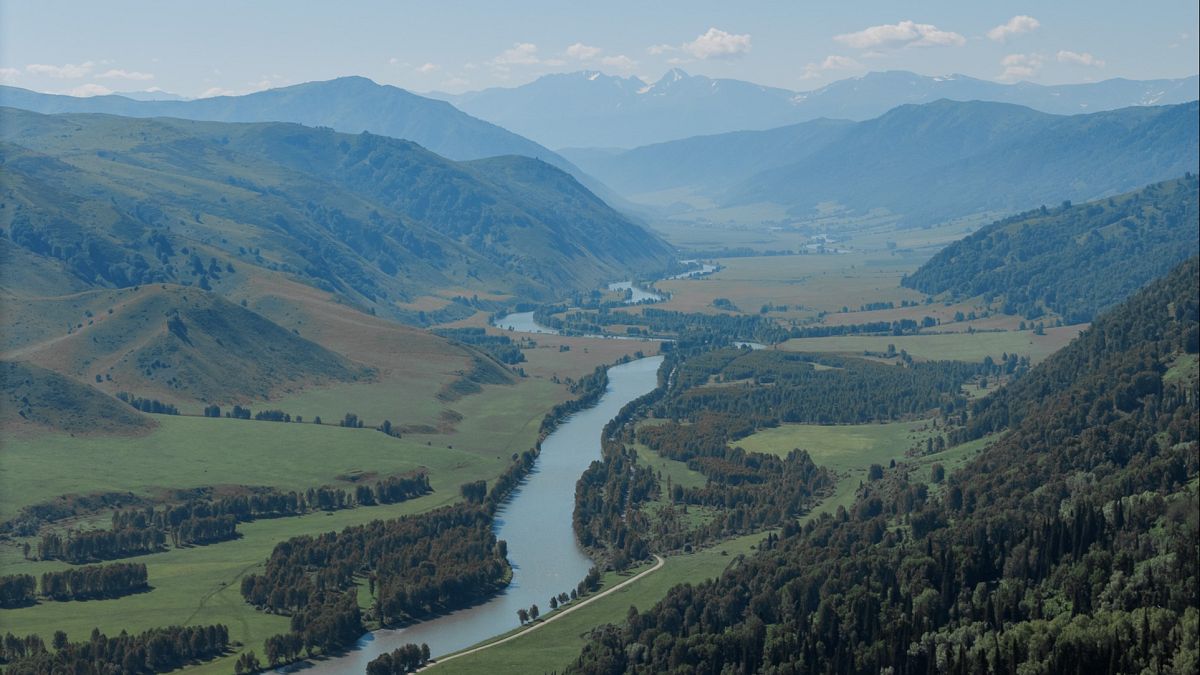

Katon Karagay, a serene and picturesque region located in the eastern part of Kazakhstan, is finding itself at a pivotal crossroads. As the region opens its doors to ecotourism, a carefully balanced approach is being weighed between welcoming economic progress and preserving the spiritual and environmental heritage that defines the area. Known for its majestic landscapes and tranquil environment, Katon Karagay holds a unique charm that has attracted nature enthusiasts and mindful travelers seeking an escape from the hustle and bustle of modern life.
This region, rich in biodiversity and cultural history, has seen a growing interest in ecotourism as a sustainable means of development. Educational programs and tourism ventures are at the heart of this movement, offering locals newfound opportunities. These initiatives are aimed at providing economic benefits while ensuring that the environment remains intact for future generations.
Ecotourism in Katon Karagay is not simply about attracting more visitors to experience its beauty, but also about educating them regarding the importance of conservation. Visitors are encouraged to engage with local communities and learn about the cultural and ecological significance of the area. This approach fosters a sense of responsibility and appreciation for the natural world, aligning with the goals of sustainable tourism.
For the people of Katon Karagay, this shift presents both opportunities and challenges. Many locals are embracing the changes, recognizing that sustainable tourism can offer economic growth and educational advancement. The potential for job creation in sectors such as hospitality, guiding, and education is particularly appealing to younger generations seeking more stable livelihoods.
However, the transition is not without its dilemmas. The influx of tourists, if not carefully managed, could threaten the very essence of what makes Katon Karagay special. The challenge lies in developing infrastructure and services that cater to tourists while maintaining the region’s tranquility and authentic character. There is a constant dialogue among community leaders, government officials, and ecologists to ensure that the ecological footprint of tourism is minimized.
Educational initiatives play a crucial role in balancing development and preservation. Local schools and community groups are actively participating in programs designed to instill a sense of pride and stewardship for the environment. By fostering a deep understanding of ecological issues and sustainable practices, the region is nurturing a generation committed to protecting its natural and cultural heritage.
The narrative of Katon Karagay serves as an inspiring example of how mindful development can offer a path to both economic and ecological sustenance. As the community navigates these changes, there remains a collective dedication to finding harmony between progress and preservation. The story of Katon Karagay is not merely about tourism; it is about crafting a future where prosperity and peace with nature coexist beautifully.
As more places worldwide grapple with similar challenges, the experience of Katon Karagay provides valuable insights. It reminds us all that the path to sustainable development requires thoughtful consideration and collaboration. Through mindful choices and a commitment to education and preservation, Katon Karagay is working towards a future that honors both its heritage and its hopes for tomorrow.
Source: {link}
